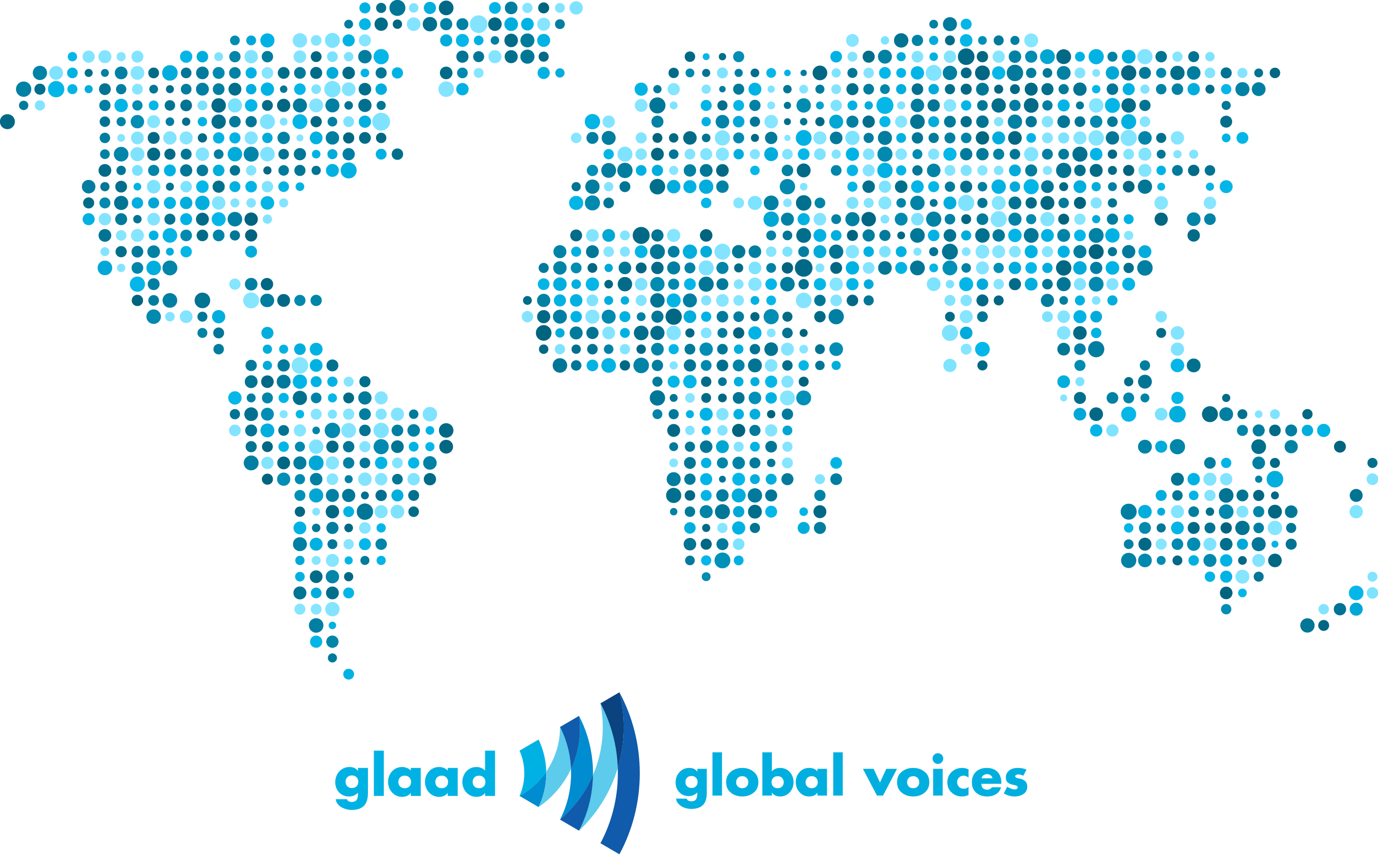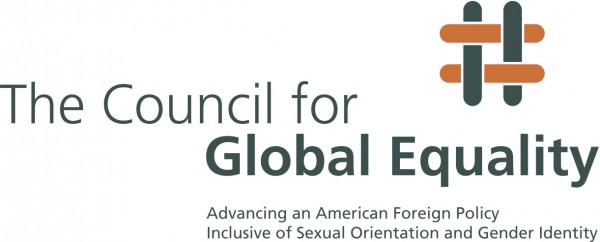Background
LGBT and intersex people face discrimination and human rights abuse in every country of the world, ranging from loss of jobs and housing to extreme violence and even murder. Approximately 80 countries still criminalize LGBT relationships in some way, and many other types of laws deny even the most basic rights and dignity to LGBT and intersex people. While legal rights are an important measure of how any country treats its LGBT and intersex citizens, it is only one measure of broader social acceptance and of realities faced by LGBTI men and women.
For the first time in U.S. history, the Obama Administration has leveraged our diplomatic and development assets and our embassies worldwide to address widespread violence and abuse directed at LGBT and intersex persons. In a signature move to include sexual orientation and gender identity issues in its global policies, the Administration issued, in December 2011, a Presidential Memorandum to Advance the Human Rights of LGBT Persons. This executive order outlines White House priorities for all federal agencies with international programs and responsibilities to address the rights of LGBT people, and to report progress to the President on an annual basis.
Also in 2011, then-Secretary of State Hillary Clinton gave a landmark speech at the UN in honor of Human Rights Day that outlined both America’s own journey to recognize the rights of LGBT people and the place of LGBT equality in any universal understanding of human rights. In that speech, Clinton also announced the formation of the Global Equality Fund, a pooled fund with contributions from a number of governments that helps fund LGBT equality efforts around the globe. The Fund is administered by the State Department.
Secretary of State John Kerry announced America’s first Special Envoy for the Human Rights of LGBTI Persons in 2014. That diplomatic position works with other governments to promote the human rights of LGBT and intersex people globally. The U.S. Agency for International Development (USAID) also created a Senior LGBT Coordinator position, which ensures inclusion of LGBT populations in our nation’s development programs.
Best Practices for Reporters
Understand that human rights are not partisan issues and that America has a long and proud tradition of championing human rights globally.
Explain U.S. support for the fundamental rights of LGBT and intersex individuals globally as just one pillar of longstanding U.S. support for disadvantaged women and girls, ethnic and religious minorities, persons with disabilities and other marginalized communities as a cornerstone of U.S. human rights policy.
Find local, credible LGBT voices from countries outside of the United States to help describe the impact of U.S. foreign policy as it relates to LGBT people globally.
Include issues of both sexual orientation and gender identity when reporting on global LGBT issues. Note increased attention to intersex issues within this context.
Pitfalls to Avoid
Avoid reducing the complexity of a country’s treatment of LGBT people to whether there are criminal sanctions for same-sex relationships, or whether marriage is allowed for same-sex couples.
Make sure any discussion of specific foreign assistance funding is accurate and presented in context. Note that some recent reports have mistakenly counted all U.S. funding for a range of marginalized communities, including those groups deemed most at risk in the HIV/AIDS fight, for the total U.S. investment in global LGBT issues. Those aggregated numbers are completely inaccurate in the LGBT context because they combine U.S. funding for a broad cross section of marginalized groups.
Avoid comparing the world’s “worst” countries and “best” countries for LGBT people. Do not assume that countries that allow same-sex marriage have addressed all rights-based concerns. Note that all countries, including the United States, still have high levels of community violence and exclusion for LGBT people and that transgender and intersex communities receive relatively little support or services globally.
Resources for Journalists
 The State Department’s annual human rights reports, which include a section on sexual orientation and gender identity issues in every country in the world
The State Department’s annual human rights reports, which include a section on sexual orientation and gender identity issues in every country in the world- OutRight International for general information on global LGBT rights advocacy
- Human Rights Watch for country-specific research and recommendations on human rights abuses based on sexual orientation and gender identity
- Human Rights First for background on how LGBT human rights fits with U.S. foreign policy goals
- Council for Global Equality for news and information on LGBT inclusion in U.S. foreign policy and assistance
- International Lesbian and Gay Association for resources on worldwide legislation
- Alturi for current news stories on LGBT rights around the world


 The
The 










